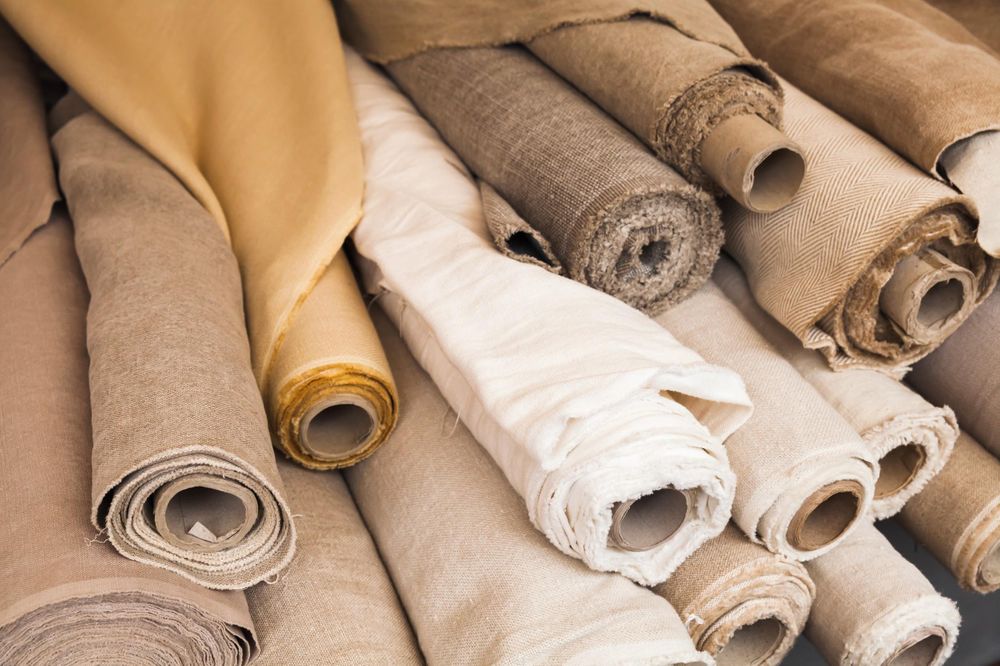By: Kate Gill

As the pandemic continues, the fashion world has experienced an increased interest in sustainable and transparent fashion.
In July, Fashion Revolution, an organization focused on creating a more sustainable and ethical fashion industry, published their 2021 Fashion Transparency Index. While the index showed an increase in overall transparency by the brands analysed, less than half disclosed where they manufactured their products and only 27% disclosed manufacturers of their raw materials.
Additionally, even as 62% of the 250 brands analysed disclosed their own carbon footprint, only 14% disclosed the carbon footprint left by the production of their raw materials.
The aggressive buying behaviour by fashion brands were also documented by a 2020 report conducted by the Center for Global Workers’ Rights. The report found that on average, brands were asking for a 12% price cut from manufacturers. An amount that left many of these manufacturers to sell their product for less than the cost of production.
While these cuts were a result of the pandemic, a majority of the manufacturers anticipate that brands will continue with these price cuts.
Locally, Toronto has seen a rise in sustainable fashion in recent years.
Julie Skirving, the founder of local eco-conscious general store, Logan & Finley, has personally witnessed an increased interest in sustainable fashion.
“I think people are more familiar with low waste alternatives and it’s become less of a trend and more of a lifestyle. I think more people are starting to look at alternatives to fast fashion,” said Skirving in an email.
Brands like Kotn, Unika, Thesus (formerly Alice + Whittles) and Horse Atelier have been focused on creating long lasting clothing made of natural or recycled materials. These brands have acted transparently, allowing consumers to see where their fabrics are manufactured and often producing the clothing locally.
“That’s one thing that we really see here, is local production among small brands, which is good. Unfortunately, our manufacturing sector itself has not moved forward or is as progressive as say the factories in Europe or the States, or even in Asia and China where they’ve made drastic improvements to ensure that their factories are more sustainable,” said Anika Kozlowski, an assistant professor of fashion design at Ryerson University.
“I think if we also concentrated and invested in certain areas we could have a more vibrant, sustainable fashion industry.”
Want to learn more? Check out this infographic by Sophie Guatto.



